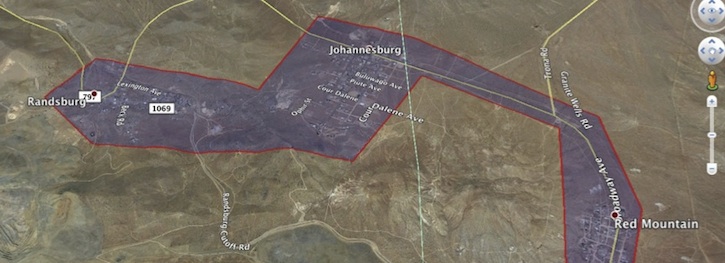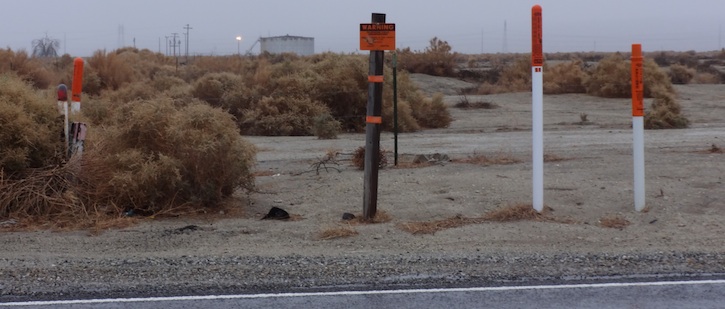Three broadband subsidy projects proposed in eastern California

Two companies – Race Telecommunications and Ultimate Internet Access – submitted a combined total of 3 broadband project proposals yesterday for consideration in the new round of California Advanced Services Fund grants and loans. All are in or near the desert areas northeast of Los Angeles.
Race’s application is for the Five Mining Communities project, which takes in Randsburg, Johannesburg, Red Mountain, Searles Valley and Trona, in the high desert where Inyo, Kern and San Bernardino counties meet.… More



![By Kaldari (Own work) [Public domain], via Wikimedia Commons](https://www.tellusventure.com/blog/images/2014/12/nashville_skyline.jpg)

![By U.S. Navy photo [CC0], via Wikimedia Commons](https://www.tellusventure.com/blog/images/2014/12/bell_system_overseas_switchboard.jpg)
![By Dirk Vorderstraße (Gigabit LAN Netzwerk Switch) [CC-BY-2.0 (https://creativecommons.org/licenses/by/2.0)], via Wikimedia Commons](https://www.tellusventure.com/blog/images/2014/12/ethernet_switch.jpg)

![By - G.F. Nesbitt & Co., printer [Public domain], via Wikimedia Commons](https://www.tellusventure.com/blog/images/2014/12/gold_rush.jpg)
![By California Centennials Commission [Public domain], via Wikimedia Commons](https://www.tellusventure.com/blog/images/2014/11/earl_warren_with_young_miner.jpg)